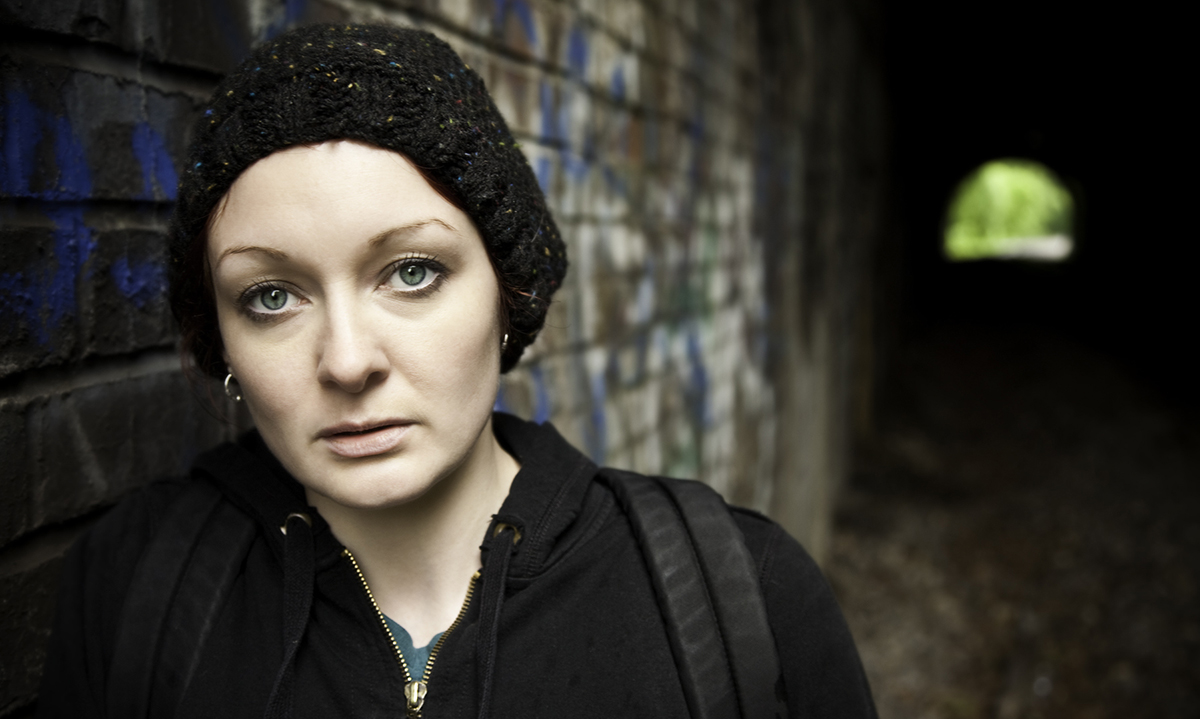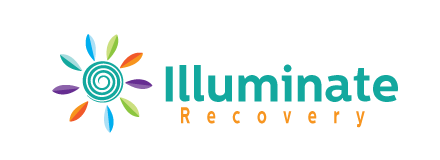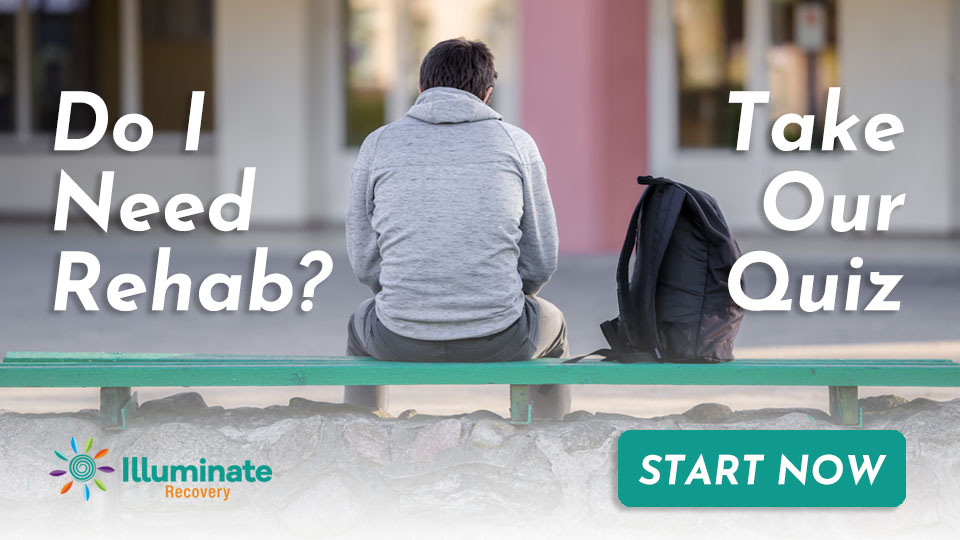At least 20 million Americans suffer from drug addiction and substance abuse. [1]Drinking too much alcohol can harm your health. Learn the facts. (n.d.). CDC. Retrieved February 15, 2022, from https://www.cdc.gov/alcohol/fact-sheets/alcohol-use.htm With this number on the rise, it’s no wonder that many find themselves wondering if they have an addiction or dependency. Taking a moment to ask yourself how do you know if you need rehab is a challenging point. It can be difficult to look at your situation objectively, but if you can do that, you’re one step closer to recovery.
Addiction vs. Dependence
There are a few different terms to understand when it comes to the severity of drug-related issues. Addiction and dependence are two very different terms when it comes to substance use/abuse.
Someone with an addiction exhibits addiction-related behaviors, such as irrepressible cravings, continued use after significant harm, and risk-taking. As time goes on, the level of these behaviors typically increases, and it becomes impossible to hide from those around them. Addiction is a chronic illness often with genetic ties and has a significant psychological impact on the user.
Drug dependency is an entirely different beast. Those with a dependence do not display addiction-related behaviors and instead only experience physical symptoms. The body has become dependent on the usage of the substance, and symptoms like withdrawal will present if the use is lessened or quit entirely.
In both instances, tolerance to the substance can be experienced by the affected party. Tolerance is when the body adapts to the level of usage and requires a higher dose for effectiveness.
In the case of tolerance, think about caffeine and the “need” for a cup of coffee every morning. While it may be partially out of habit, it may also be a case of tolerance. At some point, your body may become dependent upon that daily cup of coffee just to function at a normal rate. Removing that cup of coffee may result in irritability, headaches, and fatigue.
Signals of Substance Use Disorder (SUD)

There are some very tell-tale symptoms that can clearly signal that you or someone you know may be experiencing a SUD. [2]Fifield, J. (2021, October 22). Signs That You May Need Rehab | Drugabuse.com. DrugAbuse.com. Retrieved February 15, 2022, from https://drugabuse.com/treatment/signs-need-rehab/
Here are 11 of those signs:
- Your number one focus is drug or alcohol use.
- You find yourself lying about your use.
- Your work, school, or personal life has deteriorated.
- You depend on substances to make it through the day.
- You’re experiencing physical or mental health changes.
- You need to use more of the substance.
- Your relationships have been affected.
- You’re missing important events.
- You are facing legal problems.
- Family and friends have staged an intervention.
- You’ve tried to quit before.
If one or more of these describe what you or a loved one is experiencing, it’s likely that they have SUD.
Excessive use of substances can lead to all kinds of issues long term because of the effect it has on the brain. [3]Heilig, M., MacKillop, J., Martinez, D. et al. Addiction as a brain disease revised: why it still matters, and the need for consilience. Neuropsychopharmacol. 46, 1715–1723 (2021). … Continue reading For example, drinking excessively increases your risk of cancer and can lead to high blood pressure, stroke, weakened immune system, and many more problems.
Addiction Severity

Determining the level of severity of your addiction is a whole different situation. While having a dependence or addiction is somewhat easier to describe, understanding the severity of the addiction is an important step to seeking care.[4]Sussman, S., & Sussman, A. N. (2011). Considering the definition of addiction. International journal of environmental research and public health, 8(10), 4025–4038. … Continue reading Self-diagnosing the severity can be ill-advised but knowing when to seek rehab isn’t.
The levels range from mild and moderate to severe. Knowing the benchmarks that fit each category helps healthcare providers decide that type of treatment someone may need.
Criteria of Addiction Severity
There are 11 different criteria that determine the severity of the addiction. [5]Hasin, D. S., O’Brien, C. P., Auriacombe, M., Borges, G., Bucholz, K., Budney, A., Compton, W. M., Crowley, T., Ling, W., Petry, N. M., Schuckit, M., & Grant, B. F. (2013). DSM-5 criteria for … Continue reading
These include:
- Cravings
- Dangerous Use
- Desire to quit, but incapable
- Lack of control
- Lack of responsibility
- Loss of interest
- Problems with relationships
- Spending more time to obtain the substance
- Tolerance
- Withdrawal
- Worsening situations
The level of severity of your addiction is established by how many of these criteria you meet. So the more boxes you can check, the more severe your level of addiction.
What Do I Do if My Friends Ignore My Addiction?
When the time comes to acknowledge your addiction issues, it’s important to have a good system of support. But what happens if your friends ignore the signs of your addiction or your assertions that you have a problem?
First, it’s crucial to understand where they’re coming from. Maybe they have addiction issues of their own, and your admission shines a light on their problems. This can be a challenge for a lot of people, and if you’ve come this far, you yourself know how difficult it is. If they’re in denial of their own SUD, they may have a hard time recognizing yours.
They may also feel ashamed or hurt. Because of many long-held social taboos, addiction is still looked at with a wary eye. If friends feel hurt by your behavior, it may be difficult for them to see your addiction issues for what they are.
Once you understand where their feelings are coming from, it may become easier for you to express your SUD to them. Being open and honest about what’s going on is important, as well as asking for their support. While, at first, they may not believe that you’re serious about wanting to seek help, over time, showing your commitment to recovery will help them come to terms with it.
While this may be difficult to hear, having people in your life who are unsupportive or even set back your sobriety will likely not be helpful to you in the long run. Determining if these relationships are important enough for you to maintain through recovery is a hard decision to make.
Addiction Rehab FAQs
Why Do People Go to Rehab?
Some have lost important relationships due to substance abuse. Others have experienced an overdose and need help to secure their health and safety. Still others have realized that drugs and alcohol have overwhelmed their life. Whatever your reason, it’s never too late for rehab.
How Do I Pay for Rehab?
The cost is dependent on care needed, but cost should not impede the need for immediate care. Residential programs cost more because they’re more comprehensive and intense. Outpatient programs may cost less but also may supply less resources or levels of care.
Regardless, you can explore options with your treatment provider and health insurance provider.
See When You Need to Go to Rehab, but Can’t Afford It for more on this topic.
Is My Addiction Bad Enough?
This question is hard to answer because it seeks an objective answer. Bad enough is a relative term. But consider that if you’re seeking answers and want to improve your life, do you really need to place a label on it? Just do what you need to do to be happy and successful. You deserve it.
Can I Get My Job Back After Rehab?
This is another tough question. But, consider your job options once you’re free of drugs and alcohol. Each person has unique circumstances. If you need to take an absence to improve your life and your boss cannot understand that, then perhaps you’ll improve your life by parting ways with such a person. Otherwise, you may want to speak to a human resources representative at your company about your plans. Overall, think of the long-term job prospects of the version of you who is free from addiction.
See Will I Lose My Job if I Go to Rehab? For more on the topic.
Why Does Drug Rehab Have a Stigma?
Rehab carries the same stigma as drug use. It’s a situation where only those who have the experience have a place to speak. And, we all know there are no positive solutions in judging others. Therefore, it’s a question we cannot answer but urge you to dismiss as the misunderstanding of others. However, addiction has no preferences when it comes to sex, background, ethnicity, etc. We’re all susceptible to addiction and we’re all able to overcome it.
What Are the Stages of Rehab?
Rehab programs are often quite flexible. Outpatient care is typically 30, 60, or 90 days. The first step is medical detox to cease the body’s dependence on the substance of choice. Once this is completed, the next step is often a Partial Hospitalization Program (PHP), which is a structured outpatient program that closely resembles inpatient treatment. Then, treatment will depend on each patient’s specific needs. From individual therapy, group therapy, and medical assisted treatment to trauma and PTSD treatment, Illuminate Recovery offers a variety of recovery programs tailored to each patient’s needs.
What Qualifies As Substance Abuse?
Substance abuse is the use of illegal or legal substances in a way that is damaging to the individual or others. Substance abuse is a mental health disorder that results when an individual cannot control their use.
What Are the Reasons To Go to Rehab?
The reasons to go to rehab are as varied as the individuals that seek treatment. Primarily, rehab can save your life. From putting yourself in dangerous situations to the risk of overdose to a lowered life expectancy, addiction can have an incredibly negative impact on your life. Rehab can help you get your life and your relationships back. Quitting alone can be dangerous, as detox can have serious side effects, and rehab can help you detox and recover safely. Finally, rehab can help you learn about yourself and be comfortable in your own skin while living a successful, sober life.
What Happens After Rehab?

Completing rehabilitation is deserved of immense respect and celebration. Yet, recovery is a lifelong journey and lifestyle. Each journey is unique. Your providers will help you determine the best course of immediate and ongoing action. It’s a matter of adopting the lifestyle in a way that works for you. However, part of post-rehabilitation is learning to live a happy life while being aware but dismissive of urges and free from relapse.
Still Unsure? Take Our “Do I Need Rehab” Quiz
Knowing and accepting that you have a problem is the first step to getting help. If you recognize yourself in any of the above material and are asking, “Do I need rehab?” Then, it’s likely time for you to make a change and seek professional care. If you’re still unsure, take our “do I need rehab” quiz and reach out to chat with us if you still have questions or just want to talk. That’s what we’re here for!

Having been on both sides of active addition, both the person using, and the person affected by a loved one using drugs and alcohol, Lucas has been involved in recovery since 2009. He has been working in the treatment industry since 2013. Using his personal experience and wealth of knowledge learned from professional development and immersion in the recovery field, he has spoken with thousands of families and helped hundreds of people attain long-term sobriety. In 2020, the opportunity presented to join in and start Illuminate Recovery. Understanding the importance of personalized treatment plans and the complex nature between substance abuse and co-occurring disorders, has helped Illuminate Recovery build a strong curriculum and a phenomenal staff. Illuminate Recovery now has a medical doctor who is board certified in addiction medicine and a psychiatric medical doctor who works side by side with independently licensed therapists to provide compassionate and effective treatment.
Sources:
| ↑1 | Drinking too much alcohol can harm your health. Learn the facts. (n.d.). CDC. Retrieved February 15, 2022, from https://www.cdc.gov/alcohol/fact-sheets/alcohol-use.htm |
|---|---|
| ↑2 | Fifield, J. (2021, October 22). Signs That You May Need Rehab | Drugabuse.com. DrugAbuse.com. Retrieved February 15, 2022, from https://drugabuse.com/treatment/signs-need-rehab/ |
| ↑3 | Heilig, M., MacKillop, J., Martinez, D. et al. Addiction as a brain disease revised: why it still matters, and the need for consilience. Neuropsychopharmacol. 46, 1715–1723 (2021). https://doi.org/10.1038/s41386-020-00950-y |
| ↑4 | Sussman, S., & Sussman, A. N. (2011). Considering the definition of addiction. International journal of environmental research and public health, 8(10), 4025–4038. https://doi.org/10.3390/ijerph8104025 |
| ↑5 | Hasin, D. S., O’Brien, C. P., Auriacombe, M., Borges, G., Bucholz, K., Budney, A., Compton, W. M., Crowley, T., Ling, W., Petry, N. M., Schuckit, M., & Grant, B. F. (2013). DSM-5 criteria for substance use disorders: recommendations and rationale. The American journal of psychiatry, 170(8), 834–851. https://doi.org/10.1176/appi.ajp.2013.12060782 |


